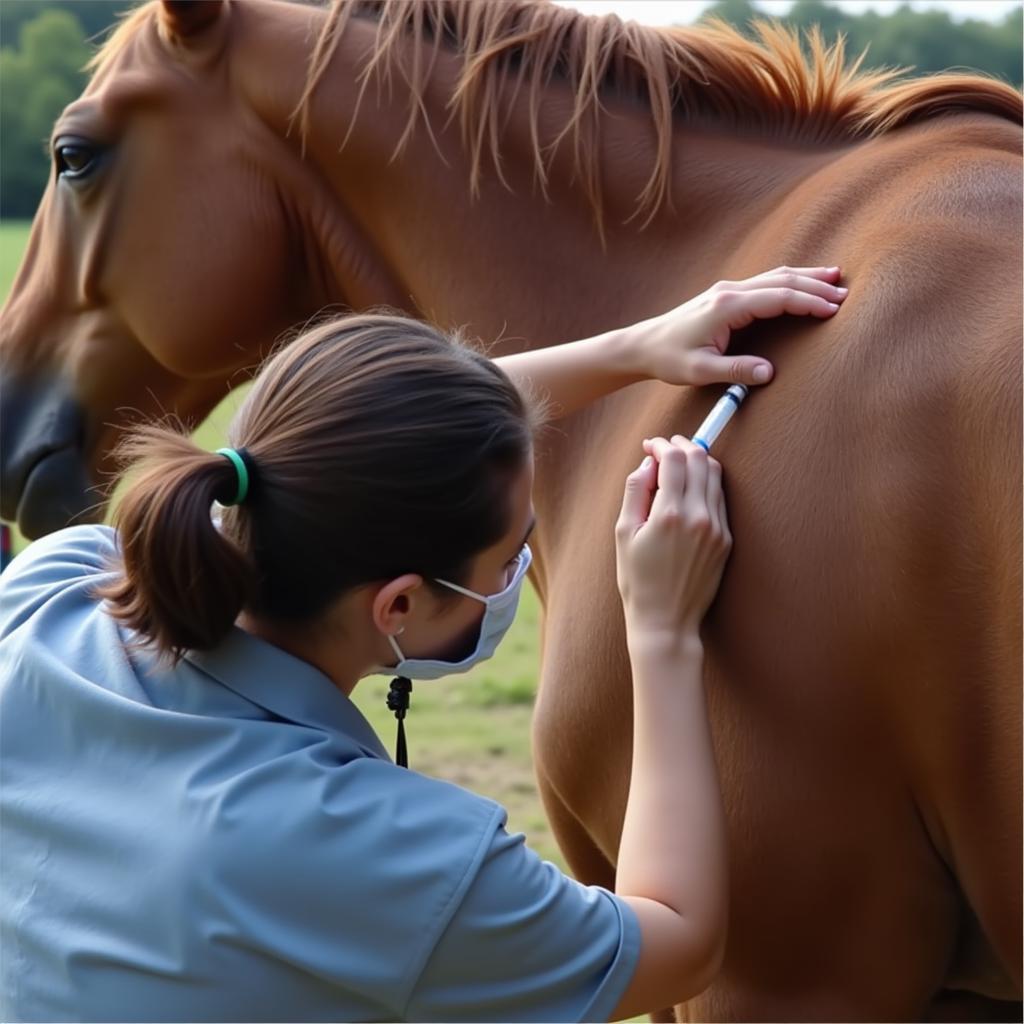African Grey Parrot Male and Female Difference: A Comprehensive Guide
Telling the difference between a male and female African grey parrot can be tricky. These intelligent birds display subtle sexual dimorphism, meaning males and females look very similar. This article explores the key differences, both physical and behavioral, to help you determine the sex of your feathered friend.
Physical Differences: Can You Spot Them?
While not always reliable, some subtle physical characteristics can sometimes help distinguish between male and female African greys. Generally, males tend to be slightly larger with broader heads and a more prominent beak. Their tail feathers might also be a tad longer and more pointed. Females, on the other hand, are often smaller with a more rounded head and a less prominent beak. These differences are often minimal and can be difficult to discern, especially in younger birds.
Behavioral Clues: Decoding Their Actions
Behavioral differences can offer further clues, although these are also not definitive. Males are often described as more assertive and playful, exhibiting behaviors like mimicking sounds and performing tricks more readily. They might also be more prone to territorial displays. Females, conversely, can be more reserved and cautious. They may be quieter and less inclined to show off. However, these behaviors can vary greatly depending on individual personality and upbringing.
The Most Accurate Method: DNA Sexing
The most reliable way to determine the sex of an African grey parrot is through DNA sexing. This scientific method analyzes a small sample of the bird’s DNA, providing a definitive answer. While it involves a small cost, DNA testing eliminates the guesswork and ensures accuracy. This method is particularly useful for breeders and owners who need to know the sex of their birds for pairing or breeding purposes. It also allows for early sex identification, even in chicks.
How is DNA Sexing Performed?
A small blood sample or a few plucked feathers are typically sufficient for DNA sexing. The sample is sent to a specialized laboratory that analyzes the genetic material to identify the bird’s sex chromosomes. The results are generally available within a few days or weeks.
Why Knowing the Sex Matters
Understanding the sex of your African grey parrot can be important for several reasons. It helps tailor their care to their specific needs, facilitates successful breeding programs, and provides valuable insights into their individual personality and behavior. For example, knowing the sex of your parrot can help you understand their vocalizations and social interactions better.
Conclusion: Unveiling the Mystery
Determining the sex of an African grey parrot requires careful observation and often, scientific confirmation. While physical and behavioral clues can provide hints, DNA sexing remains the most accurate method. By understanding the subtle differences and employing the right techniques, you can confidently identify whether your African grey is a male or female, leading to a more fulfilling relationship with your feathered companion. Understanding the african grey parrot genus can further enrich your knowledge about these fascinating creatures. For more information on when these birds start to speak, check out this article on african grey parrot talking age.
FAQs about African Grey Parrot Sexing
-
Can you tell the sex of a baby African grey parrot? Not reliably through visual observation. DNA sexing is the most accurate method for chicks.
-
Are there personality differences between male and female African greys? While some generalizations exist, individual personality varies more significantly than sex-based differences.
-
How much does DNA sexing cost? The cost varies depending on the laboratory but is generally affordable.
-
Is DNA sexing harmful to the bird? No, the process is minimally invasive and typically involves collecting a small blood sample or a few feathers.
-
Where can I get my African grey parrot DNA sexed? Many avian veterinarians and specialized laboratories offer DNA sexing services. Learn more about the fascinating african cat description.
-
Do male and female African greys require different care? Not significantly. Basic care requirements are the same for both sexes. You can also learn about the african king parrot and the african chromosome.
-
Do male African greys talk more than females? Not necessarily. Talking ability is influenced more by individual personality and training than by sex.
Other Questions You Might Have
- Are there any specific health concerns related to the sex of an African grey?
- How does knowing the sex of my parrot help with breeding?
- What are some common misconceptions about sexing African greys?
Need More Help?
When you need assistance, contact us at Phone Number: +255768904061, Email: [email protected] or visit our address: Mbarali DC Mawindi, Kangaga, Tanzania. We have a 24/7 customer support team.

